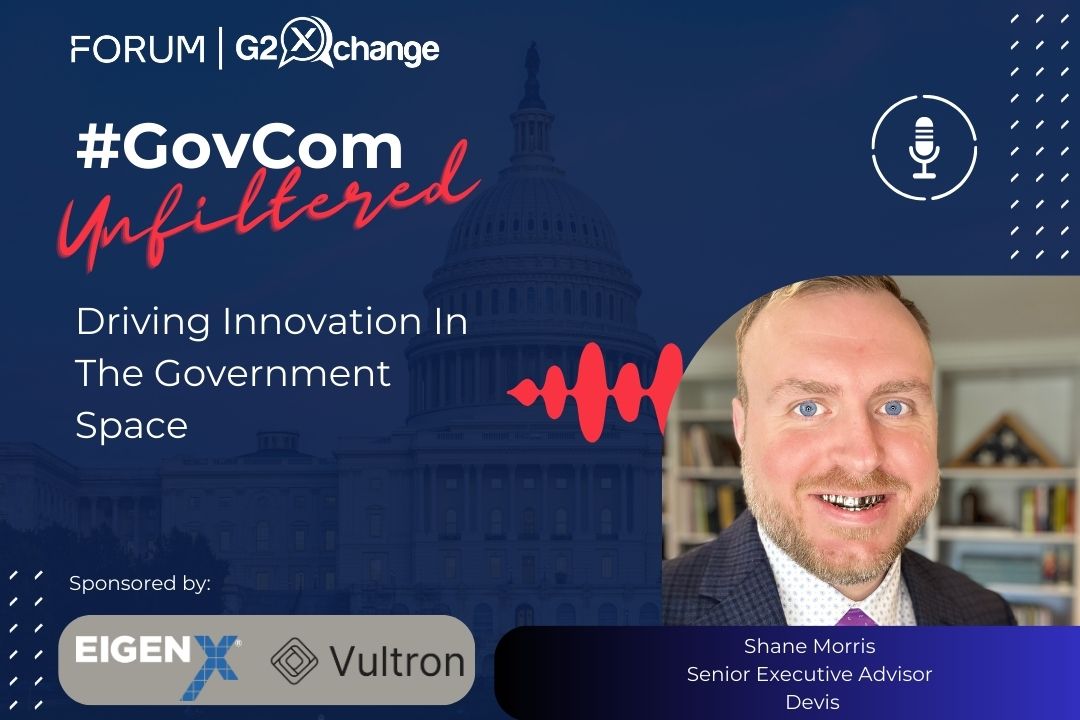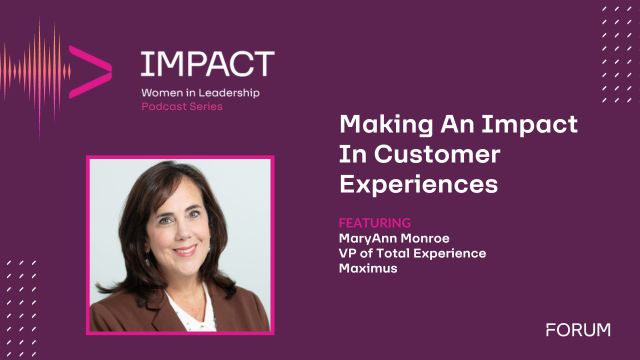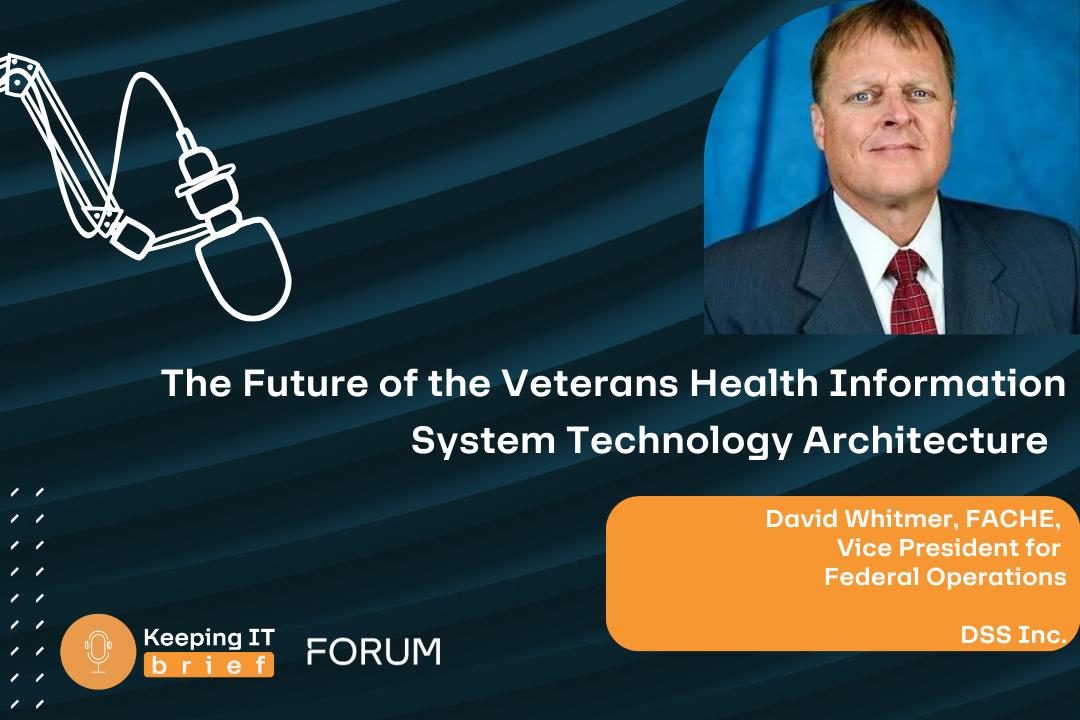Reference Architecture and Reference Implementation
By DXC.technology
“With an effective healthcare digital transformation, patient outcomes can improve and healthcare costs can diminish.”
“According to the 2016 Report to Congress on Health Information Technology Progress, 96 percent of hospitals are using certified electronic health record (EHR technology. However, EHRs are not sufficient by themselves to deliver the promise of a digital transformation due to the fragmentation and inconsistency of digital data across multiple EHRs, patient-generated data, device data, research data and other rich healthcare data sources.”
“So what can bring order and structure to the digital health ecosystem? A platform based approach and a reference architecture for a digital health platform (DHP) could address this fragmentation, lack of standardization and sub-optimization at the data and knowledge layer that exists across the complex and heterogeneous health IT ecosystem used in many large health care organizations today.”
Business Problem
“Patient health outcomes are sub-optimal when medical decisions are made without the complete and relevant set of information. This occurs due to the fragmentation of health records across multiple sources with high heterogeneity, insufficient health data interoperability, lack of data standardization and minimal automation for extracting meaningful insights from the data.”
“To put this into context, consider the veteran experience: A veteran has health data stored in Military Health System (MHS) systems, Veteran Health Administration (VHA) systems and private practitioner systems. Today’s tech-savvy veterans likely will create additional health data from medical devices, mobile apps and patient portals.”
“The MHS and VHA have highly federated systems leveraging multiple solutions with multiple instances (e.g., over 150 VistA systems in the VHA). In addition, both agencies are migrating to modern EHR platforms and will be undergoing a multiyear transition, where some care locations will use new technology to capture and manage patient records while others are still using legacy systems.”
“This creates a huge burden to bridge all the pieces of information needed for care delivery. For a chronically ill patient, there may be a care team, including several providers working for different organizations (some public, some private), different disciplines, different locations and different systems. All of these would need to have a common framework for managing shared workflow and consistent, comprehensive access to the patient’s record.”
Digital health platform reference architecture
“A digital health platform (DHP) takes a platform approach to addressing the data
fragmentation and associated business challenges. A platform-based approach
is one that emphasizes modularity, interoperability and a common framework for
optimizing how different solution components interact within a cohesive ecosystem.”
“For healthcare, a platform-based approach defines the common elements required to effectively manage healthcare or other patient or business data (the common asset) across multiple sources of record in a fragmented and federated data landscape to reduce risk, cost and time to market. A DHP provides the framework for delivering, managing, orchestrating and optimizing multiple healthcare “core technology elements” to address the needs of several stakeholders and use cases requiring access to the patient’s digital health record and other digital assets supporting health organization services (e.g., care delivery, customer service, operational management, analytics and asset management).”
This excerpt has been shared with permission from the source. The full white paper is available here.












